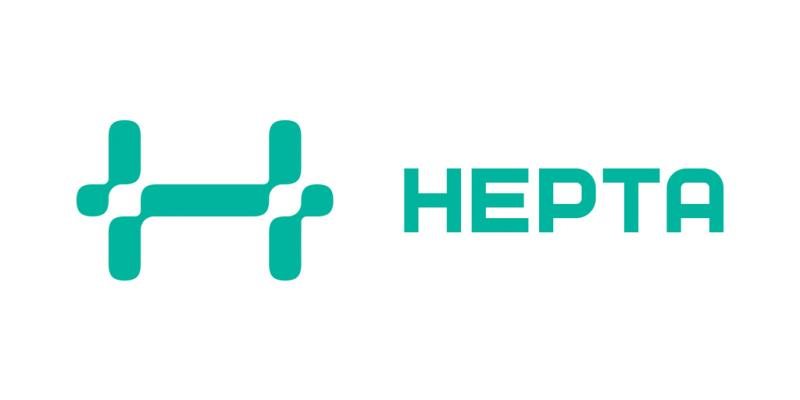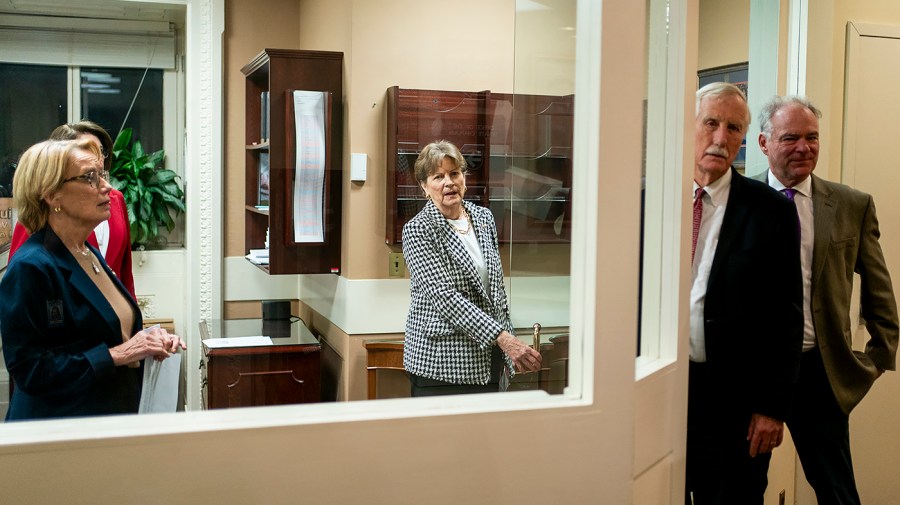
What You Should Know:
– Hepta, a biotechnology company focused on diagnosing chronic disease, has emerged from stealth announcing $6.7M in seed funding co-led by Felicis Ventures and Illumina Ventures, with participation from SeaX Ventures, Alumni Ventures, and AME Cloud Ventures.
– The company’s core technology utilizes transformer-based AI to read the cell-free DNA (cfDNA) epigenome, enabling the detection of organ-specific signals for chronic conditions. Built by former leaders from Illumina, Grail, and Google, Hepta is applying the technical expertise that enabled liquid biopsy in oncology to the significantly larger and often overlooked field of chronic disease.
Solving the Diagnostic Crisis in MASH (Formerly NASH)
Hepta is launching its platform with a critical focus on Metabolic Dysfunction-Associated Steatohepatitis (MASH), formerly known as NASH. MASH is a progressive form of liver disease affecting over 20 million Americans, yet less than 1% are currently diagnosed due to insufficient testing capacity.
- Current Barriers: Existing methods, unchanged for two decades, are invasive (biopsies) or produce high error rates. Specialized imaging (e.g., FibroScan) is found in less than 10% of primary care settings, and standard blood tests like FIB-4 produce false positives in over half of patients.
- Hepta’s Breakthrough: Hepta’s blood-based test is designed to deliver tissue-level insight from a simple blood draw, bringing specialist-grade precision to routine care.
Clinical data released by Hepta showed its AI-powered platform can identify MASH patients with significant fibrosis with a diagnostic AUC of 0.86. This performance cuts false positives threefold compared to standard blood tests, promising immediate clinical action as the first MASH therapies reach the market.
Transformer AI: The Core Technology for Faint Signals
Hepta’s platform is the first to employ a liquid-biopsy-native transformer model optimized for cfDNA analysis. Unlike oncology assays that look for high-signal mutations, chronic diseases like MASH produce much fainter, more subtle epigenetic signals.
- Advanced Architecture: The transformer architecture, which powers large language models like GPT, is scaled to analyze up to a billion unique molecules per sample.
- Simultaneous Processing: As explained by Co-founder and CTO Soheil Damangir, Ph.D., “We built a transformer that processes all billion molecular interactions simultaneously. That’s how we find patterns that are invisible to methods that analyze the genome in far smaller segments.”
The company’s MASH Atlas dataset, developed with Duke University, demonstrates high concordance between cfDNA methylation and liver tissue biology, confirming the technology’s ability to act as a true liquid biopsy of the liver.














